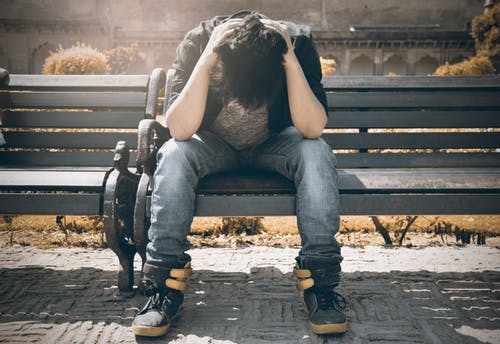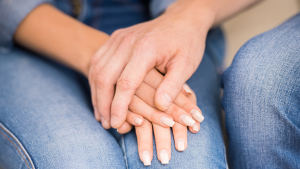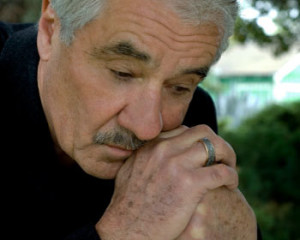One of the most painful events in life is to lose a child. It is a really painful process and parents and loved ones are always reminded of it all through their lives.
The process of grieving after losing a child is a slow and steady one, it is best not rushed. There is a tendency for the mental health of a parent to get worse if they do not handle the event of their child properly.
In all aspects of humanity, there is a tendency for grief to be set in. This informs us that is a natural life process that we would all encounter at some points in our lives.
It is a natural process to dwell on the loss of a child for a while. However, when it becomes too long, running into years, it implies that the grieving process is not normal.
One of the possible effects of losing a child is mental health loss. The parents are bound to experience depression and this can be in varying phases.

If they do not receive prompt care then their mental health problem could get worse. This depression has the capacity to affect them in various phases of their lives.
They would no longer act their normal selves and it would be easily noticeable to people around them. In addition to this, there is likely to be a decline in their productivity. For parents, they would not perform optimally at work if care is not taken.
Another possible effect of losing a child is overprotectiveness. Due to the fact that they have lost a child, they would not want a repeat incidence. So, there is a likely chance that they would be overprotective and this can cause friction between parents and their children.
Parents are allowed to grieve if the experience child loss and this is natural. They are also advised to seek help during this period, so that they would heal naturally.






